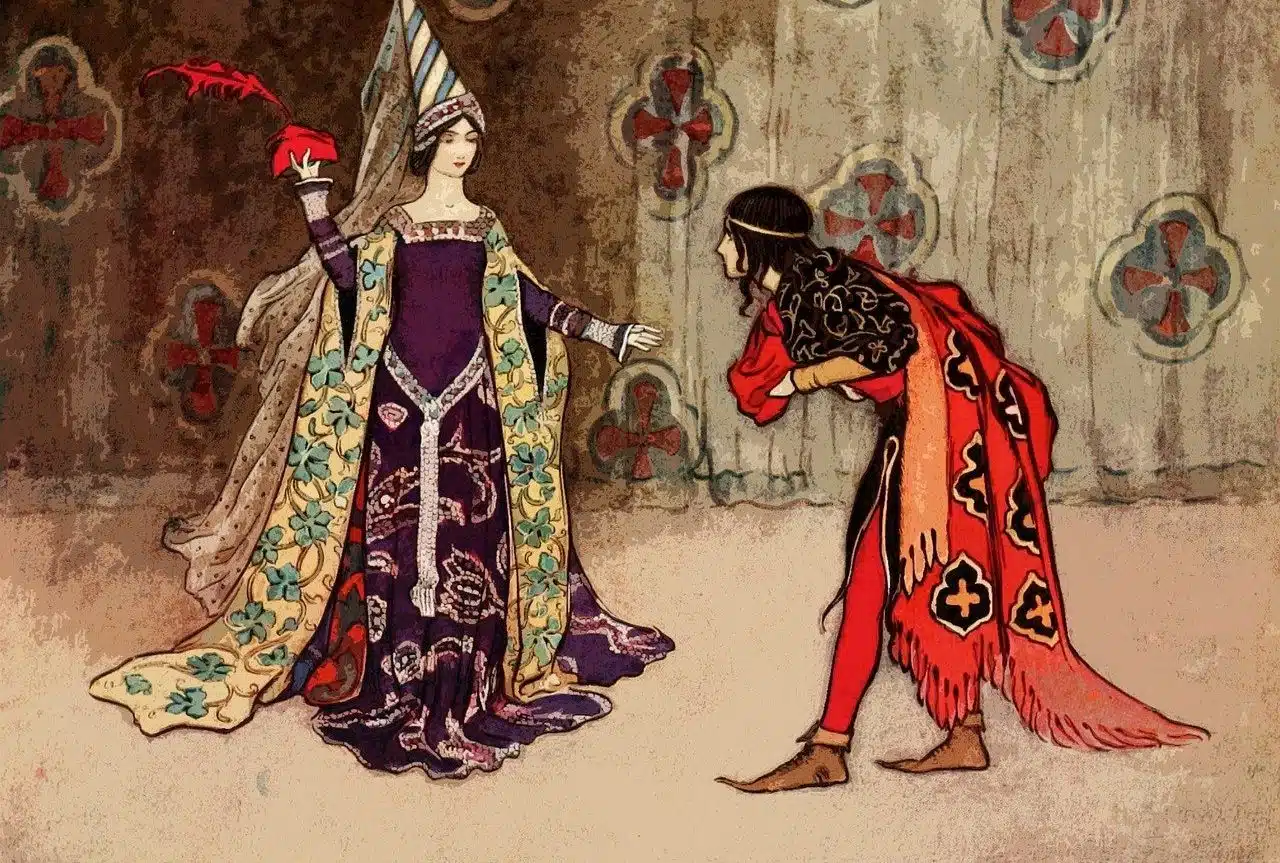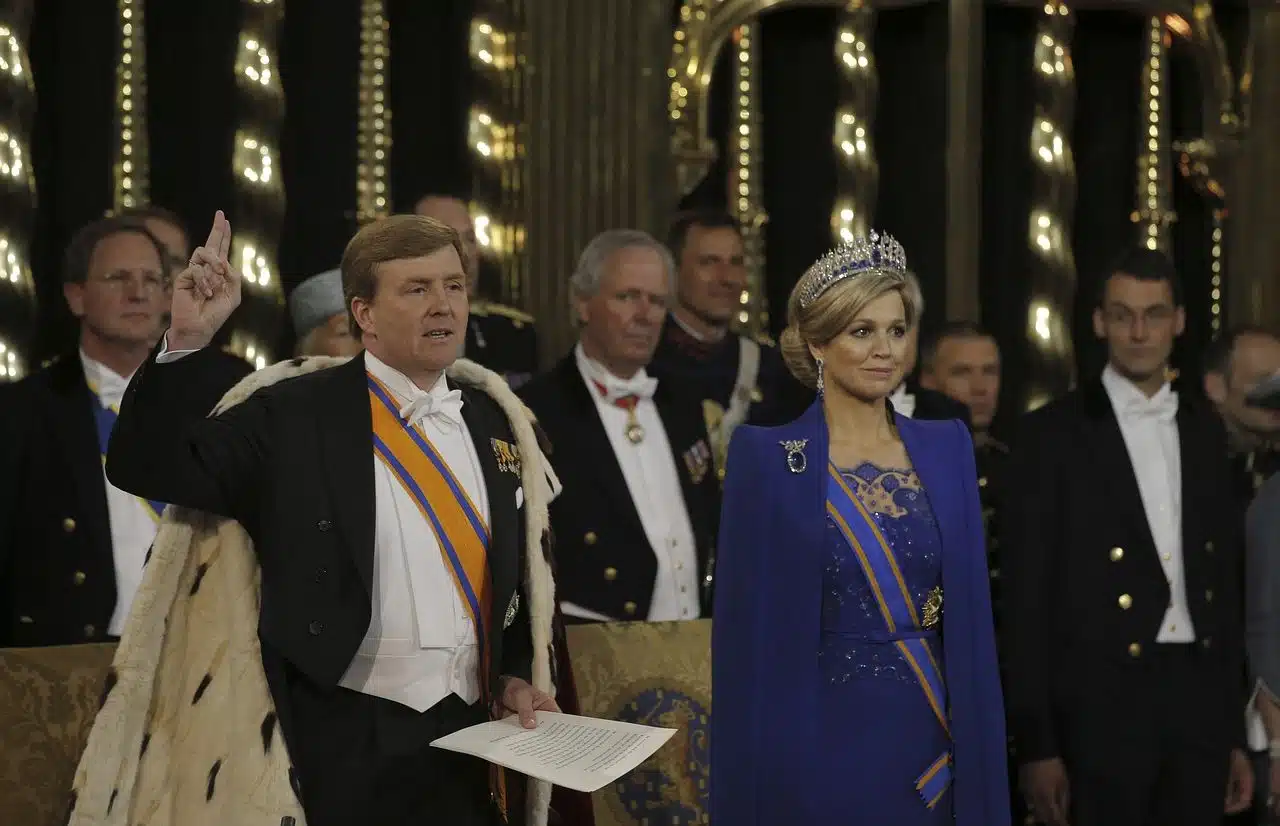
The notion of royalty refers to royal houses and families.
Royalty is a notion that refers to the condition of one who is king and exercises sovereignty over a certain territory. By extension, the group formed by the different royal houses and families is known as royalty.
The royal house encompasses the family dynasty that administers the power of a region, along with its servants and property. Its name can include a proper name, a place, etc. The House of Burgundy , for example, existed between 1032 and 1361 . Longer was the House of Stuart , which reigned on Scottish soil between 1371 and 1603 .
Royalty today
Today there are still royal houses , although their power is very different compared to that of the royal houses of yesteryear. The House of Windsor (in charge of the throne of the United Kingdom ) and the House of Bourbon (the king of Spain ) are current royal houses and constitute an example of the current functioning of royalty.
The royal family, on the other hand, is that formed by the king and/or queen with their descendants. These families are made up of the king and queen, their brothers, their children, their nephews, their grandchildren and so on, covering the entire lineage of the group known as royalty.

Royalty remains in force in the Netherlands.
The British case
For different reasons, British royalty arouses immense interest in people from all over the world. On the one hand, there is the charisma of some of its most important figures, without leaving aside the controversial stories in which they have starred; The most prominent example from the recent past is the tragic death of Princess Diana . However, in addition to the attraction of the characters is the charm of some of the monuments responsible for a large percentage of tourism to Great Britain .
Without a doubt, Buckingham Palace is the most prominent icon of British royalty, as it is the official residence and office of the monarch . Year after year, the king (or queen) opens his doors to people from all over the world during the end of summer so they can see the inside of this iconic building. In addition to the architecture and garden, visitors can see many of the treasures of the Royal Collection in person.
Kensington Palace , where the Duke and Duchess of Cambridge reside, is another point of interest for royalty lovers. Its appeal should surprise no one, as it has been home to the likes of Queen Victoria and Diana herself. As in the previous case, there are different exhibitions that allow visitors to learn secrets and highlights of the dynasty .
The list of attractions of British royalty continues, and we also find Windsor Castle , which was the favorite residence of Elizabeth II , in addition to being the oldest inhabited castle in the world. Outside of its official quarters, some of the highlights of this castle are Queen Mary 's Doll's House , the Drawing Gallery , and St. George's Chapel .
The Tower of London , for its part, stands out for its versatility throughout history , as it has served as a prison, royal palace, arsenal and zoo. It is currently a World Heritage Site and is visited by thousands of tourists every year.
Symbolic use of the term royalty
In a symbolic sense, the concept of royalty is used to name the set of individuals who exercise dominance in a discipline or field.
In this sense, it can be said that “The Rolling Stones, the Beatles and Pink Floyd were rock royalty in the '60s” or that “Upon arriving in the NBA, Manu Ginobili began to rub shoulders with world basketball royalty.”
